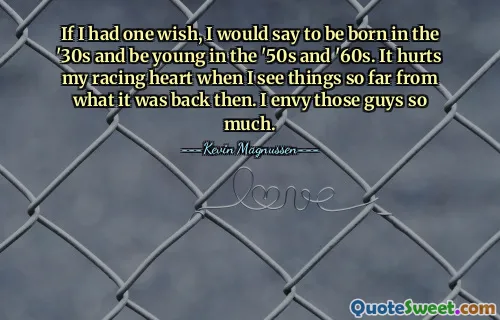Well, gentlemen, I have listened to all your Solutions, and I now inform you that I, and I alone, except perhaps for Walt Trowbridge and the ghost of Pareto, have the perfect, the inevitable, the only Solution, and that is: There is no Solution! There will never be a state of society anything like perfect!There never will be a time when there won't be a large proportion of people who feel poor no matter how much they have, and envy their neighbors who know how to wear cheap clothes showily, and envy their neighbors who can dance or make love or digest better.
In his book "It Can't Happen Here," Sinclair Lewis presents a disheartening view of society's quest for solutions to its problems. He emphasizes that despite the numerous suggestions provided by others, he alone possesses the ultimate realization: there is no solution to the complexities of societal issues. This perspective suggests that perfection in society is unattainable, highlighting an inherent dissatisfaction among people that persists regardless of their material wealth or external circumstances.
Lewis articulates the notion that a significant portion of the population will always experience feelings of poverty and envy, regardless of their resources or achievements. This envy extends to various aspects of life, such as appearance, talents, and abilities, implying that social comparison breeds discontent. His message underscores a pessimistic view of human nature and societal structure, revealing that the struggle for a utopian society is ultimately futile.





